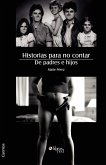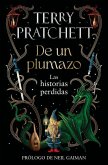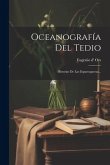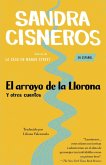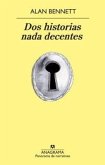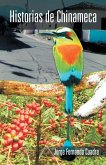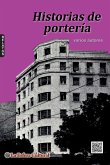The Forbidden Stories is the author's inspired response to a statement made by a Cuban politician regarding the conflicted attitude towards homosexuality in Cuba. Rivera-Valdés creates the character of Marta Veneranda, a graduate student working on a thesis which aims to graph clinically the discrepancy between an individual's sense of shame and society's attitude toward the incidents that inspire self-censorship in a person. But the orderly study becomes unruly as the subjects interviewed reveal their hidden stories. In "Little Poisons,", the nameless narrator is heavily influenced by pop psychologist Patricia Evans. Through her copious reading, she manages to gain some distance from her co-dependent relationship with her husband. Sharing with Marta the minutiae of her liberation, she recounts: "As the days and months went by, I began feeling proud of myself, strong, free from his subjugation and my neurosis, even when his romance with the young woman began and he told me about it. In the fifteen years of marriage he would tell me everything, even about his sexual escapades— if he couldn't share them with me, who would he share them with? Besides, that way no one could come running to me spreading rumors. In the end, he couldn't live without me: his wife, friend, lover, and mother. Can you believe that I listened to these stories and even felt proud of the trust he had in me?" Beneath the humor and the deceptively simple surface of The Forbidden Stories is a deadly-serious look at the co-mingling of Anglo and Latino cultures, and an exposé of the comforts and discomforts of that cohabitation.
Hinweis: Dieser Artikel kann nur an eine deutsche Lieferadresse ausgeliefert werden.
Hinweis: Dieser Artikel kann nur an eine deutsche Lieferadresse ausgeliefert werden.


